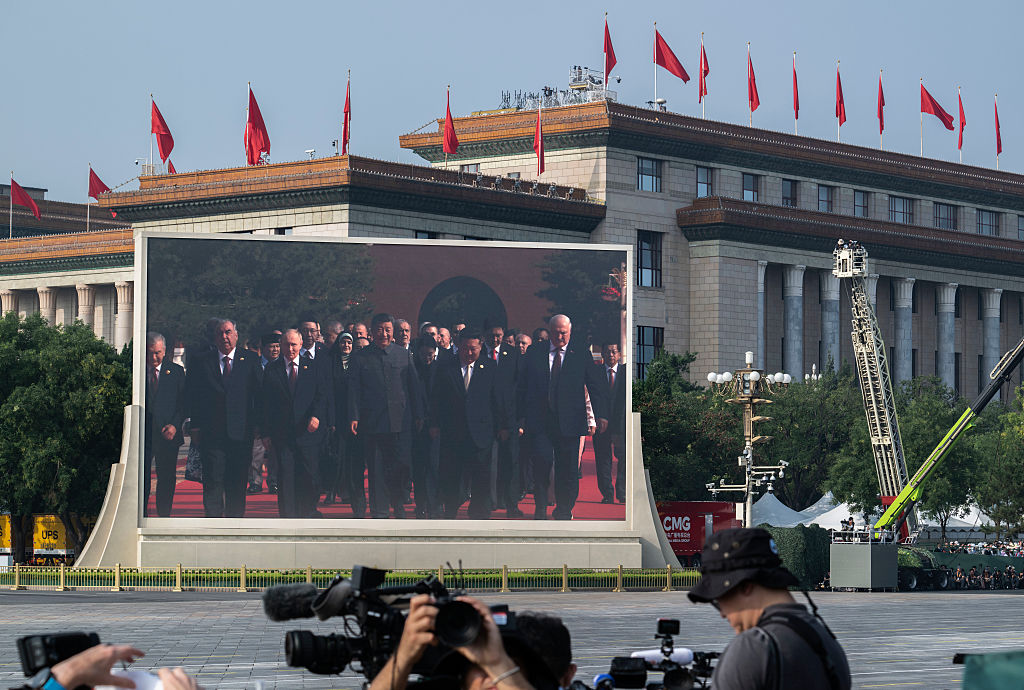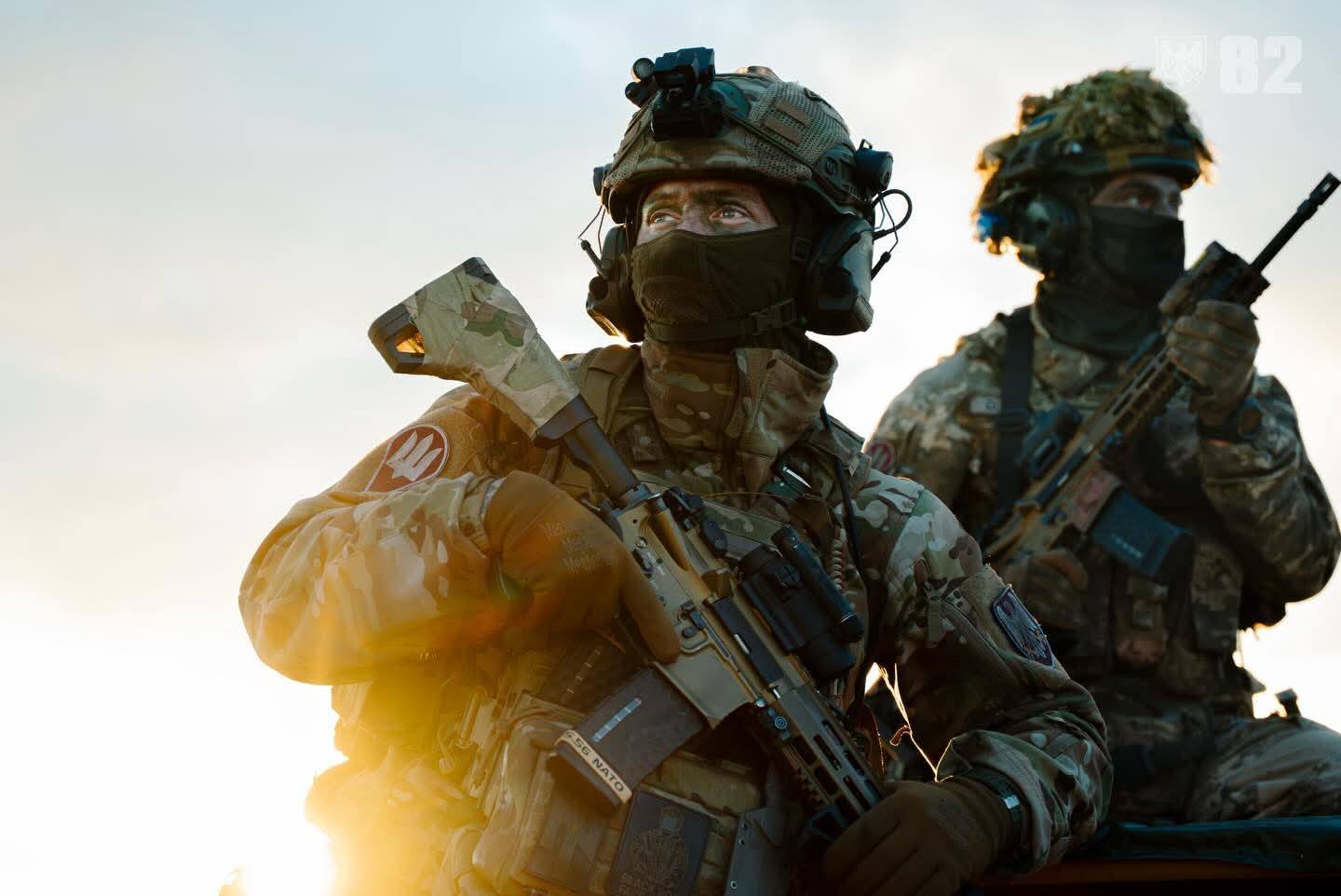MOSCOW REMAINS ACTIVE IN KOSOVO DIPLOMACY.
MOSCOW REMAINS ACTIVE IN KOSOVO DIPLOMACY.
Moscow stepped up its insistence late last week that the West put pressure on Kosovo Albanian leaders to begin talks with Belgrade authorities. That appeal came as Moscow continued to praise Yugoslav President Slobodan Milosevic for what Russian diplomats say is his adherence to pledges made during talks between Milosevic and Russian President Boris Yeltsin on June 15 in Moscow. Russian Deputy Foreign Minister Nikolai Afanasevsky, one of several Russian diplomats active in the region, told reporters in Belgrade on June 26 that Milosevic had agreed to accept international mediators in an effort to revive talks between Serbian and Kosovo Albanian leaders.
Afanasevsky expressed his certitude that “Belgrade is ready to resume talks” but that the “Albanians are, as yet, not.” He called on Kosovo Albanians to cease their “terrorist attacks” in the area. He criticized NATO for the air exercises that the alliance carried out earlier this month in Albania and Macedonia–charging that the show of force had sent “an incorrect message to the Albanian terrorists that they can do as they please.” (AP, Reuter, Russian agencies, June 26)
A diplomatic battle continued to shape up, meanwhile, over whether a NATO military intervention could be launched in Kosovo without approval by the UN Security Council. In Moscow, a Foreign Ministry official reiterated on June 26 Russia’s opposition to NATO action without UN sanction, and warned that any decision by NATO to move forward without UN approval would harm relations between Russia and the alliance. (Russian agencies, June 26) Those remarks came as UN Secretary General Kofi Annan, in London, also warned against unilateral military action by the Western powers in Kosovo. Annan declared, however, that he was confident the Security Council would permit military intervention if diplomacy fails to resolve the conflict in Kosovo. (Reuter, June 26) The Security Council is scheduled to discuss the Kosovo conflict today. It is still unclear whether Moscow can be convinced to support a possible NATO intervention.
DEADLINE MISSED FOR DESTRUCTION OF CHEMICAL WEAPONS.


